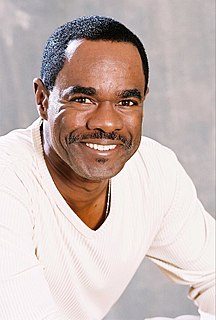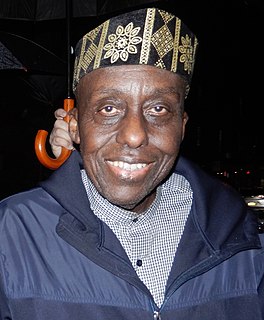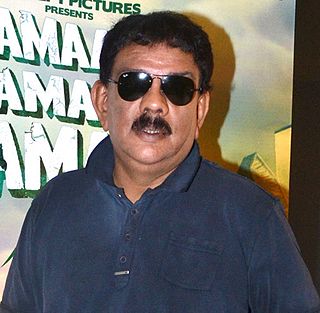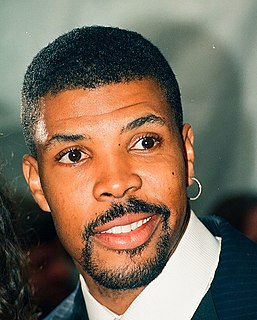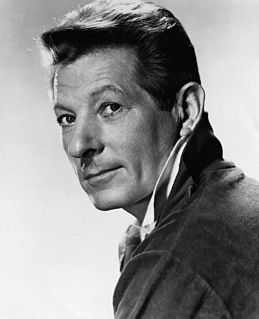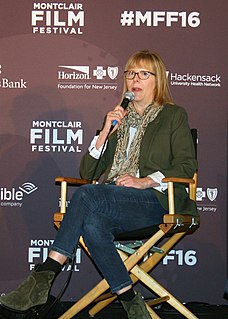A Quote by Adrian Younge
Blaxploitation films were black films targeting black people. They were films made to appeal to a culture in a way that was supposed to be unfiltered.
Related Quotes
If you take the '70s with Blaxploitation pictures, there was a proliferation of black-content films and motion pictures, television, stage plays and so forth at a time when Hollywood was in trouble financially, and it was cheaper to do black films to keep the lights on until they could reestablish themselves.
There is an obsession with black tragedy. If you see a black movie, it's typically historical, and it tends to deal with our pain. And listen, there have been some excellent films made in that vein, and there are some painful parts of black history that should be explored, but it is kind of weird that only those films bubble up to the surface.

